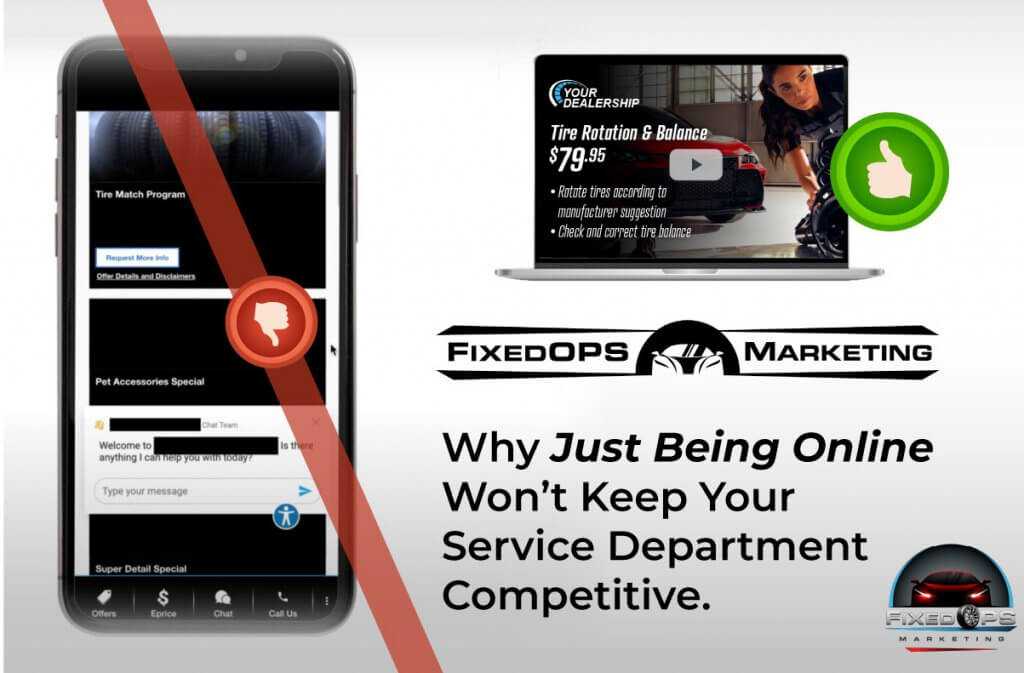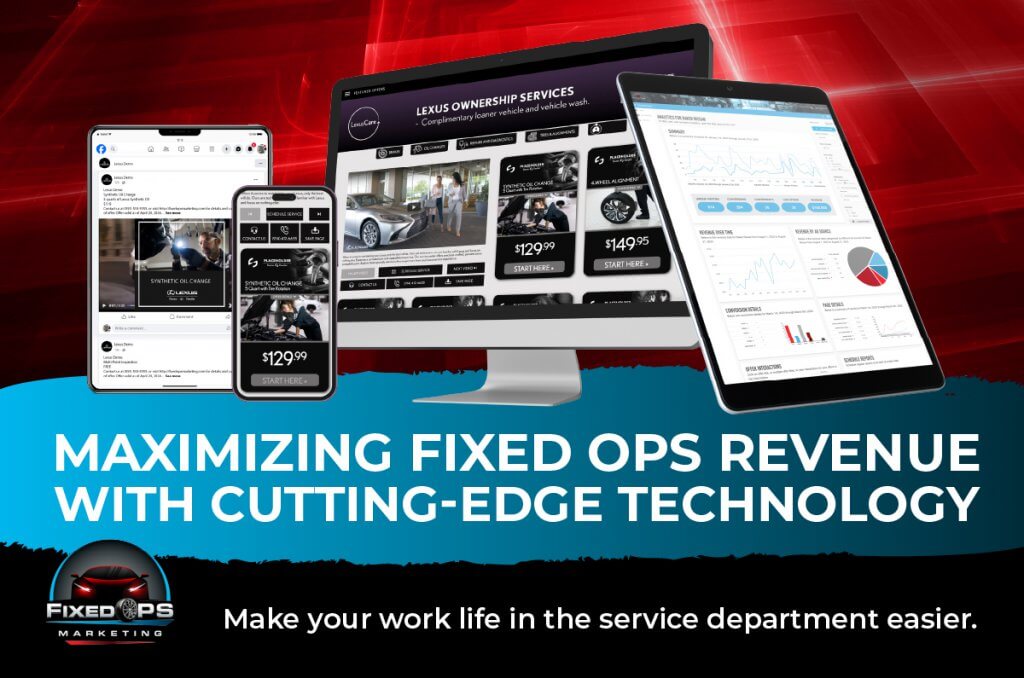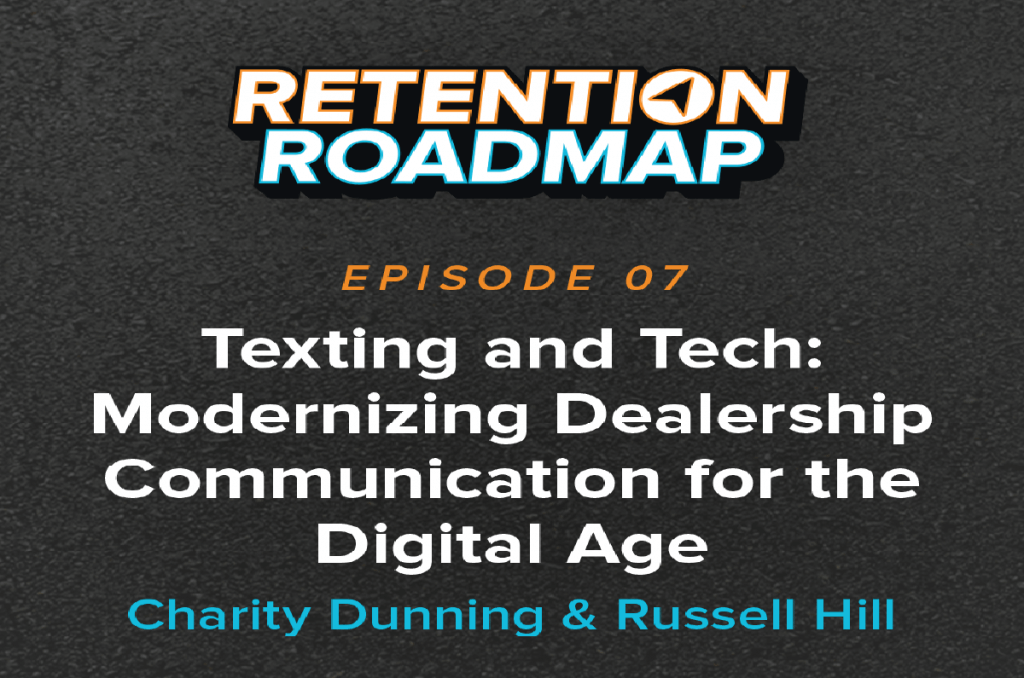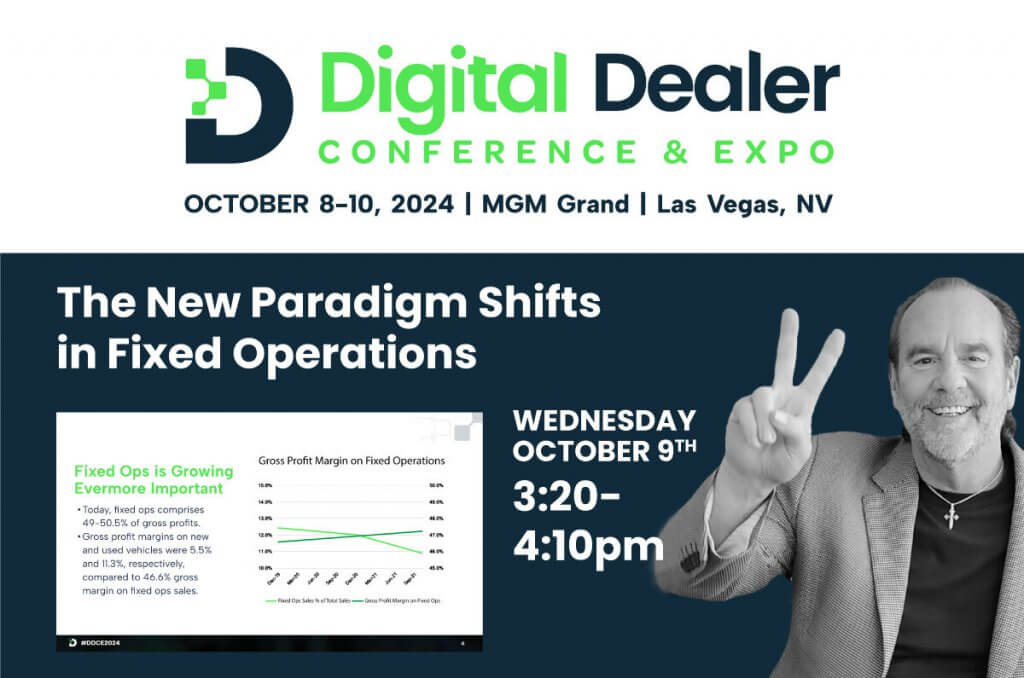A Post-Pandemic World
10 Tips to Avoid Post-Pandemic Deceptive
Business Practices this Holiday Season
The holiday season is fast approaching, and unfortunately, the post-pandemic winter season is also the time of year when—due to financial and pandemic pressures—deception and dishonesty are expected to increase by roughly 20%, according to Certified Fraud Examiners.
Most people are fairly familiar with the more outrageous scams and frauds, such as the Nigerian prince who’s desperate to unload his mega millions into your bank account or that vehicle warranty that needs renewed. What we hope to address here are the more everyday, semi-tolerated forms of deception that lead to poor product performance, bad relationships, and expensive long-term contracts.
This holiday season, perhaps arguably more than any other, beware of deceptive business practices.
1) If it’s too good to be true, it probably is
There is more truth in that statement than perhaps any other related to deception. For instance, marketers in automotive see average conversion rates from 2-16%, so anyone promising far higher conversion rates is more than likely exaggerating and will have the “reporting” to prove it.
Knowing that history has shown that the best conversion rates hover around 16%, any number far past that will likely also come with disappointing results later down the road. By then, you are likely to have already signed that contract or are otherwise legally obligated for some period of time. Beware, if it sounds too good to be true, it more than likely is!
2) Confusing charts and questionable data

This is such a complex topic that our report details just on how common and easy it is to be fooled by incomplete, inconsistent, and inaccurate data. It’s not uncommon to see companies present detailed charts that when looked at closely, are representing data that they did not generate, excludes incoming data points, misdirects through filters, views and timeframes, and generally fudges the data so that it tells an incomplete story.
Whether done deliberately or accidentally, this is a common problem. You can make sure you don’t fall for this trap by asking for data corroboration, being skeptical about inflated data, comparing the data with real leads or purchases, and questioning the results. Use the data you are given, but be sure to verify it!
3) We are just like Amazon!
A big red flag to look out for is when someone generously compares their company, founding story, or products to those of mega-giants, such as Amazon or Google. There’s a difference between striving to be like such companies and over-comparing products, growth or accomplishments to such giants. Be skeptical when you start hearing similes (“we are just like…”) followed by the names of global giants.
4) Feel like you’re being used?
Be skeptical when you are specifically targeted because you are the customer of a competitor. Aggressive sales tactics targeted at a competitor’s customer has little to do with providing a superior service or experience, but perhaps can more accurately be described as an underhanded attempt to “win.” This sort of targeting doesn’t add value to you as the client. Competition is healthy, even fun, and plentiful, but should not turn you as a customer into a pawn in a larger game of Hasbro’s RISK.
5) They try to please you by judging other people
Always be skeptical of someone who attempts to imply that they are better than a competitor company. If they didn’t believe in their superiority they wouldn’t be confiding in you about their disapproval. The goal is to attempt to bond with you over your disapproval. This is when you find yourself asking, “What are they saying about me when I’m not around?”
Reality distortion is a slippery slope. Enthusiasm can lead to exaggeration, exaggeration to falsity, and falsity to fraud.Harvard Business Review
6) Long wait times between communications or none at all
Those who take too long or simply do not reply to inquiries are either too busy to find time for you or don’t have their act together, causing you to be consistently underwhelmed and frustrated with their performance. Any company should be eager to respond to calls or emails and to build a professional relationship.
7) Your instincts are raising red flags
You have had experience with shady, dishonest, untrustworthy characters in the past, therefore, when your instincts start stirring, listen to them. Your gut reaction is a powerful tool in deciding who to trust. Protect yourself from getting burned, wasting money, or being continuously disappointed.
8) Inconsistent information

If after a clear discussion the terms change or a story changes, that’s a strong signal to walk away. There are plenty of potential partners. Don’t waste your time with a dishonest person. It will only cause you problems later down the road.
9) Evades responsibility
When those exaggerated promised returns don’t surface in reality, and the person fails to take responsibility for
the failure, it’s time to move on. The best thing to do is to quickly replace rather than try to change any “blaming” behavior.
Surround yourself with people who will help you be your best.Harvard Business Review
10) Unkept promises
After you’ve had a great conversation and things are going well, then afterwards the promised return on your investment never returns, then you’ve found yourself sold by deception. Cut your losses and find a partner who will keep your expectations rooted in reality.
In conclusion
This list could go on and on with topics covering “talking a lot and saying nothing,” “highly defensive,” “speaking in absolutes (always, never)”… You get the idea!
Plenty of us have had experience with underhanded, questionable people. Listen to your instincts and always remember that—due to financial and pandemic pressures—there will be an uptick in dishonest behavior during the holiday season. So, keep your eyes open and protect yourself. The holidays are stressful enough!







